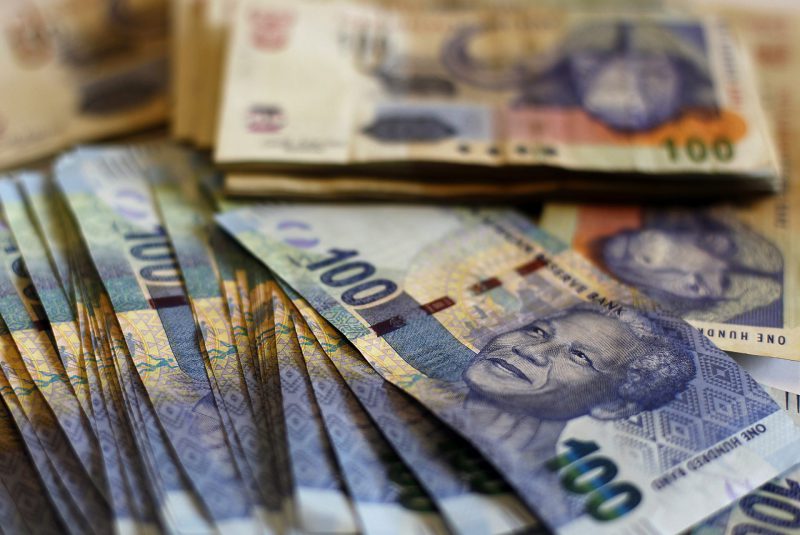The BRICS nations have been making efforts to introduce a common currency as soon as possible. However, South Africa’s relationship with the United States could have both positive and negative implications, making it a double-edged sword in the current context.
In recent developments, it has been revealed that the South African rand has reached its lowest level against the U.S. dollar. The currency depreciated by 1.3%, with an exchange rate of 19.44 rand per dollar by 9:25 a.m. in Johannesburg. This breach beats the previous all-time low of 19.35 set during the Covid-19 lockdown in April 2020. The exchange rate had dropped to 19.51 rand per dollar.
The decline in the South African rand was primarily attributed to the growing energy shortages and allegations made by the U.S. ambassador, Reuben Brigety. In the accusation, Brigety claimed that South Africa had exported arms to Russia the previous year. The South African government dismissed these claims as “disappointing.” Nevertheless, the government has initiated an independent inquiry, to be led by a retired judge, to investigate the claims on the matter.
Additionally, in a research note on Friday, JPMorgan revised its prediction for South Africa’s 2023 GDP. They have predicted a decline of 0.2% compared to their previous forecast of 0.3% growth. This adjustment suggested a more negative outlook for the country’s economic performance. Greg Davies, head of wealth at Cratos Capital, spoke on the ongoing issues in South Africa and said,
“Definitely, the JP Morgan forecast is a big negative for the rand, but I think the market is still fretting about the sale of weapons to Russia as this could possibly cause sanctions against (South Africa).”
Will the fear around sanctions prompt BRICS to work faster on rolling out the common currency?
South Africa’s Foreign Minister, Naledi Pandor, has advocated for a cautious approach in the rollout of a common currency among BRICS nations. Pandor emphasized that South Africa carries a significant amount of debt denominated in dollars. Therefore, it is crucial to handle the process of implementing a common currency in a responsible manner, taking into consideration the country’s existing financial obligations.
There is a possibility that the fear of impending sanctions could speed up the BRICS nations’ efforts in launching a common currency, as it could potentially reduce reliance on the U.S. dollar. By introducing their own currency, the BRICS countries could aim to mitigate the impact of potential sanctions. In addition, it could also lower their dependency on the dollar in international transactions.





